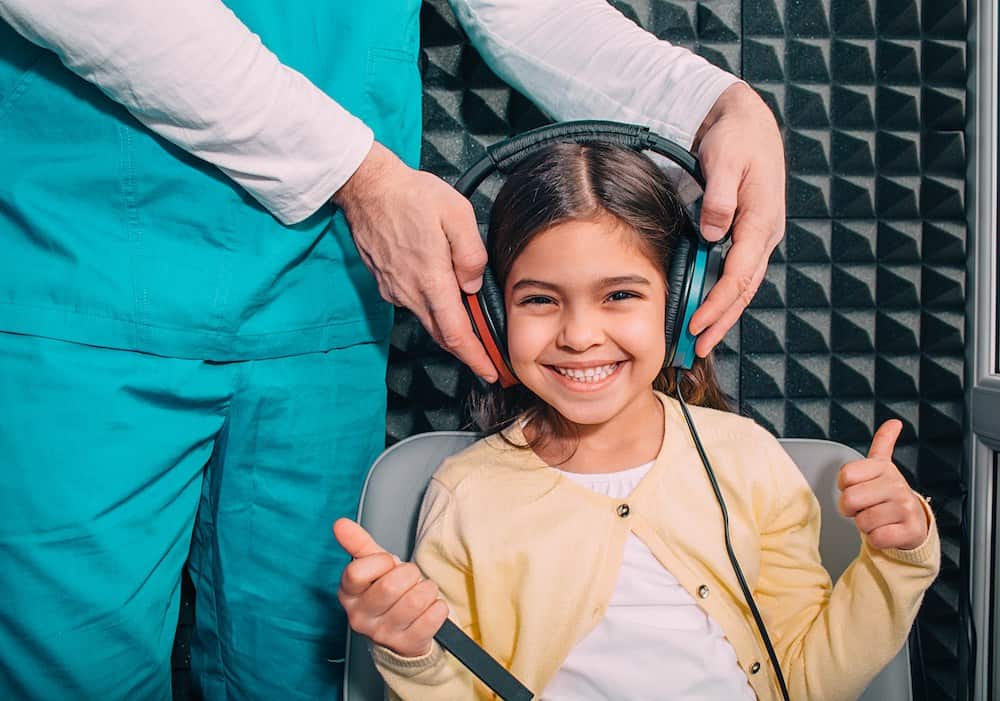How to Adjust Hearing Aids for Seasonal Allergies
Allergy season brings familiar symptoms like sneezing, watery eyes and

If you have hearing loss, chances are you will be recommended a hearing aid after a thorough series of tests. This is actually a very effective solution, and there is a reason that so many people see an improvement in quality of life with these devices. But in order to get the most out of your hearing aid, it’s vital you properly maintain the technology.
Luckily, daily maintenance isn’t difficult and doesn’t require an extensive knowledge of hearing aids to complete. With routine cleanings at home and scheduling professional cleanings with your audiologist, you will be able to keep your hearing aids operating at maximum capacity.
There are actually specific tools that you should make sure you are using if you hope to keep your hearing aid in good condition. Your audiologist has probably already provided you with these, but if not then you might want to look out for them and buy them as soon as possible, or see whether your audiologist has them in stock. These tools include a wax pick used to clear out earwax buildup in the device, as well as a brush for the stubborn removals. With these tools at your disposal, you should find it a lot easier and simpler to keep your hearing aid cleaned and properly maintained.
A lot of this comes down to simply getting into a habit of cleaning your hearing aid each day, and making something of a routine or even a ritual out of it. For example, you might want to wash your hands first before cleaning your hearing aid, as that way you are much less likely to end up with anything contaminating them. Always leave your hearing aids out while cleaning them too, and you might want to do it at the same time each day in order to ensure you remember to do it. This way, you are going to keep your hearing aid in a much better condition much more easily.
Daily examinations and cleanings are important because you can assess your devices for any damage or wear and tear. As long as you can do that, it should be a lot easier and simpler to ensure that you are keeping on top of it. The best time to do it is at the end of the day, after you’ve taken the hearing aids off to go to bed. You should clean them thoroughly, and then make sure that you pack them away in a proper storage case to keep prevent any physical or accidental damages. As long as you do that, you will extend their lifetime considerably, which allows them to further serve you.
It’s not just cleaning that matters, however, there are also certain things that you should try to avoid doing if you want to keep your hearing aids working properly. For instance, you should certainly make sure that you avoid putting them in too much heat, or in extreme cold, as this can radically impact upon their effectiveness, and could cause them damage that means you’d need to get a new hearing aid entirely. Make sure you are always thinking clearly about where you leave them and how warm or cold they are getting – and remember, they’re electrical devices, so they can’t withstand too many extreme temperatures.
How to care for the batteries depends on the type of batteries you have. If they are rechargeable, then it’s wise and sensible to take them out each night before bed and put them on to charge. That way, you will have them ready for the next day, and you’ll be able to ensure that they are keeping their lifespan long and strong too. If you don’t have rechargeable batteries in your hearing aid, simply clean the battery compartment with a brush each night, to help keep it clean. All in all, caring for the batteries proves to be a vital part of caring for the hearing aids themselves.
If you would like more advice on caring for hearing aids, or you just want to speak with an audiologist about your hearing, call Hear Here Audiology at 727-289-1212. We provide annual cleaning and preventative checkups to assist you with your device maintenance plan. We can also provide in-office repairs for minor issues and can act as a liaison for more extensive damage that requires the manufacturer’s assistance.

Allergy season brings familiar symptoms like sneezing, watery eyes and

Cold and flu season brings extra challenges when you wear hearing aids.

Imagine you’re living in a rural area, miles from the nearest